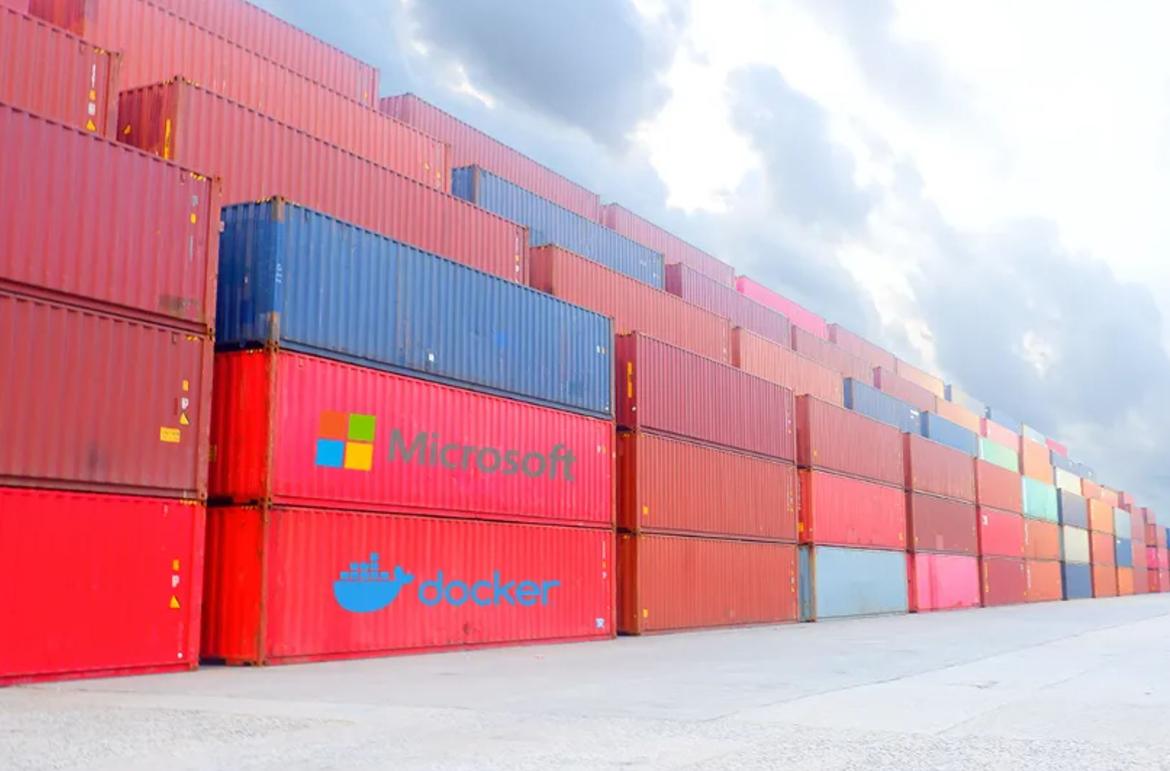Containers vs. VMs: Which is Best for Your Virtual Workload?
Should you move your apps from virtual machines to containers? Chances are that you probably should, although there are exceptions in some instances. Either way, you ought to understand why containers have increased in popularity to the degree they have.
Our team has put together some simple descriptions of virtual machines (VMs) and containers, along with some of the reasons why so many organizations are making the switch.
VMs vs Containers
“Containers” (named after shipping containers) and “virtual machines” enable users to deploy and isolate different computer apps and services on the same platform. The core distinctions between these packaged environments relate to their transferability and size.
Virtual Machines run their own distinctive “guest” operating system (OS).
Hypervisor software enables VMs to run a separate OS from the host operating system. This separation gives them independent computing power, essentially mimicking the host’s physical hardware system.
Virtual machines become guests on the host machine with separate CPUs, memory, and storage capabilities. A host can house multiple virtual machines, and each machine can run a different OS. However, this increased access to a server’s processing power comes with a hefty storage price, as VMs tend to be measured in gigabytes.
Containers are usually calibrated in megabytes.
Containers, which don’t use OS images, are extremely portable, “lighter”, and more agile than VMs. They also cost less to maintain and are less demanding on system resources than VMs.
In a nutshell, containers package software applications into standard units that are separate from the host machine, yet they still have read-only shared access to the core host operating system or the host OS kernel.
Migrating to Containers
Companies looking for increased portability and efficiency, as well as a way to reduce managerial costs, should take a hard look at containers. Since containers share the host OS and kernel, they’re extremely scalable. Containers can be easily added or removed, as needed, or quickly transferred to a different environment.
Many tools are available to help create and manage containers.
- Docker is a container technology that runs containerized apps, and Docker Engine software hosts containers.
- Kubernetes is an open-source “container orchestration platform” used to “manage and scale your running containers across multiple instances or within a hybrid-cloud environment.”
Overall, there is plenty of help available for developers building and managing containerized apps.

Pros & Cons of Containers
Containers can increase scalability, portability, and performance. Applications are isolated from the host machine, which means they won’t cause any core OS issues. App development can be sped up, as developers can containerize their work, then quickly use their containers to collaborate with other developers.
Container technology requires fewer hardware resources like CPU and RAM. Lightweight containers deploy, start, stop, and restart rapidly. Security updates are less frequent compared to virtual machines, and containers can be moved to different environments independent of core operating systems.
While containers are likely the future, they aren’t perfect. Virtual machines can use encryption and offer more security than containers. VMs are also more efficient at running an application that requires substation system resources (while still keeping that application separate from the host), and are able to run many different services from a single server.
Source
Shortening the developer commute with Docker and Microsoft Azure
Trusted Tech Team is an accredited Microsoft CSP Direct Bill Partner, carrying multiple Solutions Partner designations and the now-legacy Microsoft Gold Partner competency. Based in Irvine, California, we report trends affecting IT pros everywhere.
If your organization uses Microsoft 365 or Azure, you may be eligible to receive a complimentary savings report from a Trusted Tech Team Licensing Engineer. Click here to schedule a consultation with our team now to learn how much you can save today.
Subscribe to the Trusted Tech Team Blog
Get the latest posts delivered right to your inbox

